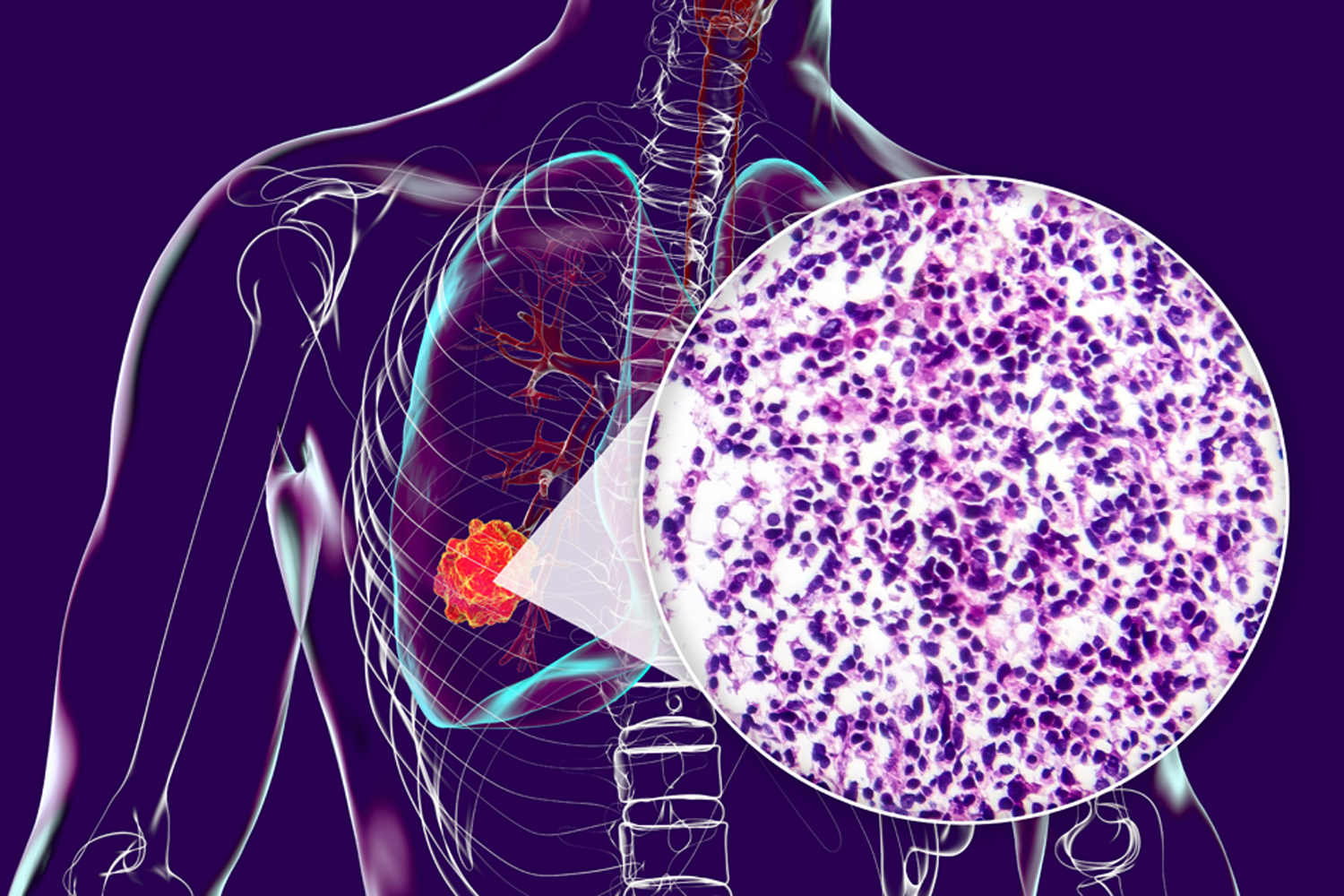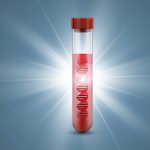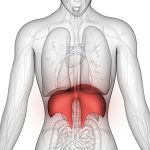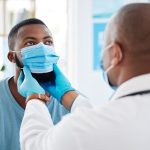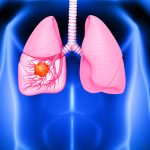-
From the Editor-in-Chief
Immunotherapy Gets PersonalTherapeutic vaccines can stimulate an immune response to cancer.
by William G. Nelson, MD, PhD
-
Forward Look
The Promise of Liquid BiopsiesBlood tests that detect traces of cancer cells and tumor DNA help find residual disease after treatment is completed.
by Tara Haelle
-
Forward Look
Should Race Inform Screening Recommendations?Study suggests incorporating race and ethnicity in age-based breast cancer screening guidelines.
by Darcy Lewis
-
Forward Look
Diaphragm DisturbancesHiccups are a common and underreported side effect of some cancer treatments.
by Carolyn Bernhardt
-
Immunotherapy: When Is Sooner Better Than Later?
Researchers explore whether giving immunotherapy before surgery and other treatments could improve outcomes for people with cancer.
by Stephen Ornes
-
Living With Chronic Blood Cancer
Thanks to medical advances, more people with blood cancer are living for years or even decades after their diagnosis. But when these diseases are incurable, patients must learn to adjust to ongoing monitoring and treatment.
by Kendall K. Morgan
-
Facts and Stats
Will We Make the Moonshot?As the Cancer Moonshot aims to cut cancer deaths in half by 2047, researchers identify strategies to hit that benchmark.
by Thomas Celona
-
Drop in Cancer Diagnoses Under COVID-19 Raises Alarms
Results of a recent study support concerns that pandemic disruptions resulted in finding fewer cancers.
by Kyle Bagenstose
-
Choosing Between Lung Cancer Surgery and Radiation
Study suggests surgery leads to longer survival than radiation for non-small cell lung cancer, but radiation remains an important option.
by Jon Kelvey
-
Understanding Disparities in Melanoma Diagnosis
Black men with melanoma are more likely than other populations to die of the disease. Here’s why, and what to look for.
by Kyle Bagenstose
Cancer Talk
Lessons From 20 Years Living With Cancer
Multiple myeloma survivor Jonathan Gluck reflects on uncertainty, and the scientific progress that has kept him living with cancer for more than two decades.
by Eric Fitzsimmons
The Enduring Importance of Cancer Disparities ResearchOpening session from AACR conference highlights how perseverance and adversity have informed cancer disparities research over the years.
by Eric Fitzsimmons
Most Cancer Survivors Don’t Meet Healthy Diet GoalsDespite research linking fruits and vegetables to cancer survival, many people do not change their eating habits after diagnosis.
by Darlene Dobkowski
Many People Don’t Get Colonoscopy After Receiving Abnormal Blood TestsAbout half of people who receive abnormal results from colorectal cancer screening tests don’t follow up with a colonoscopy.
by Laura Gesualdi Gilmore

